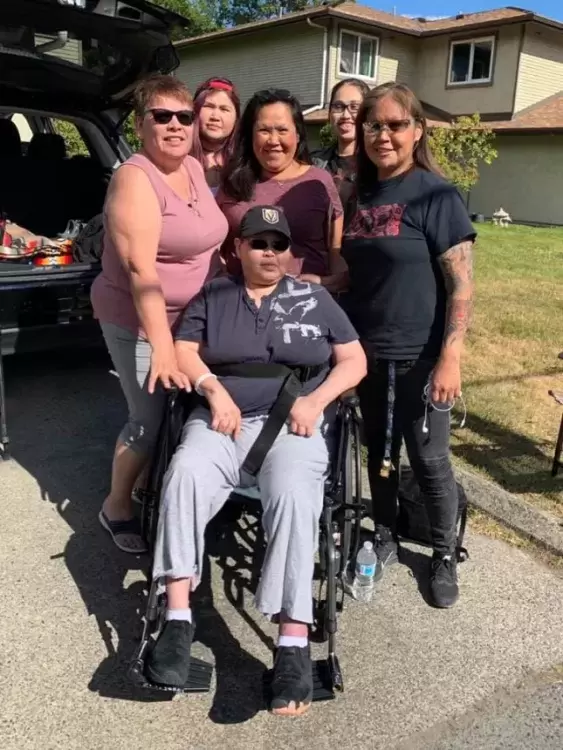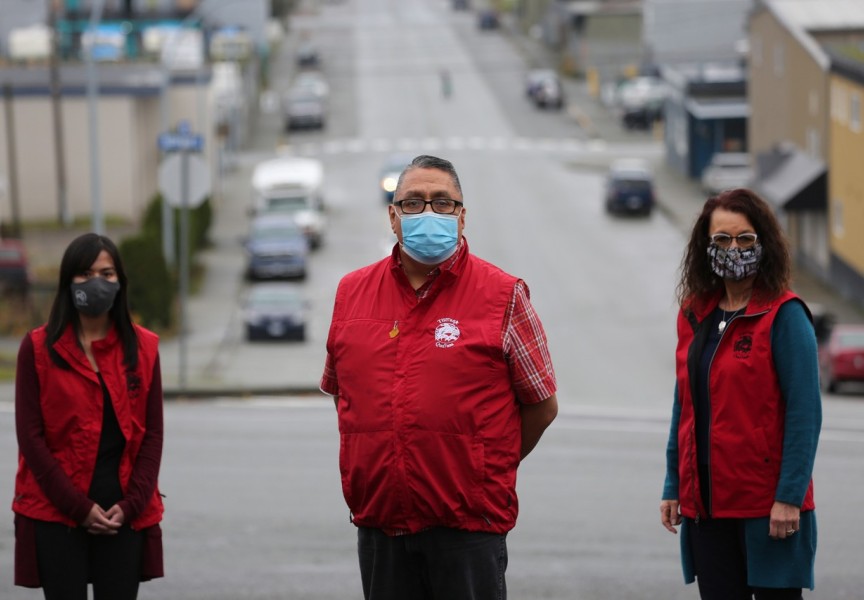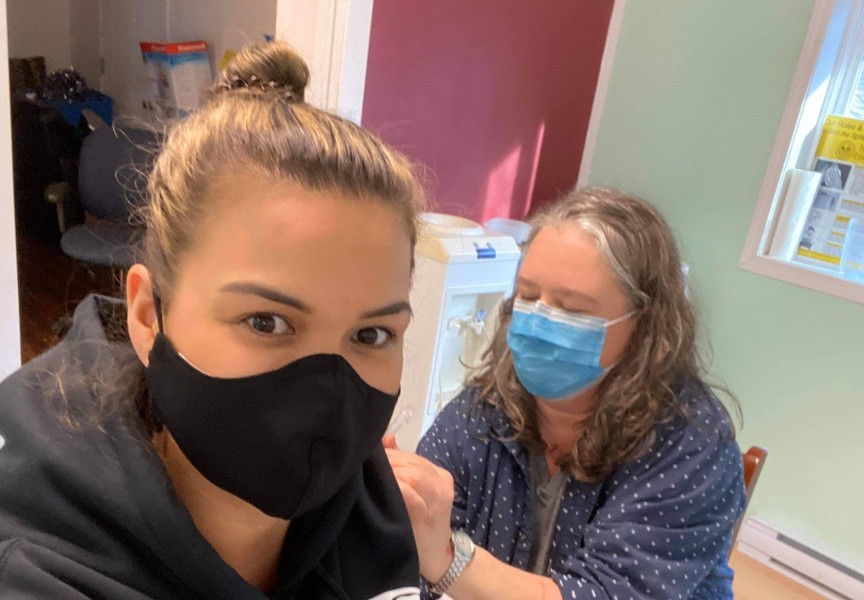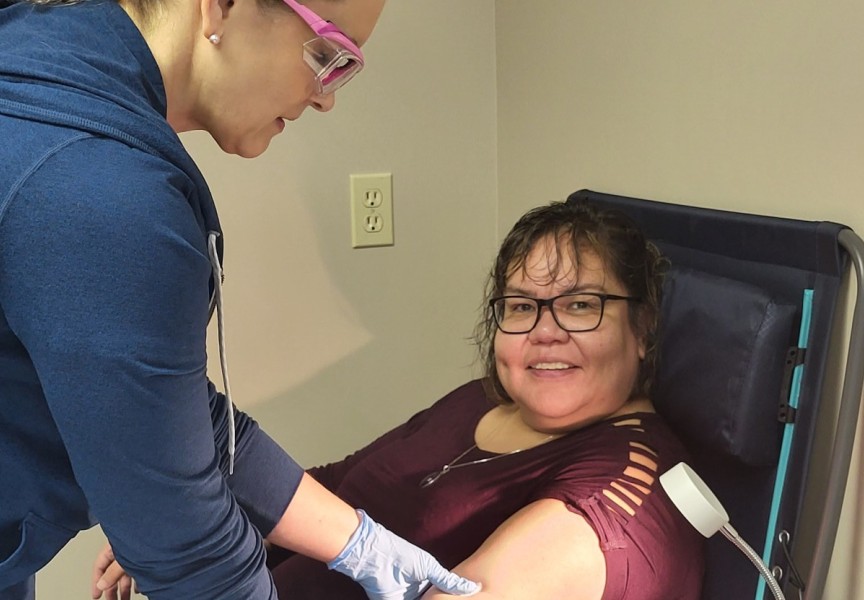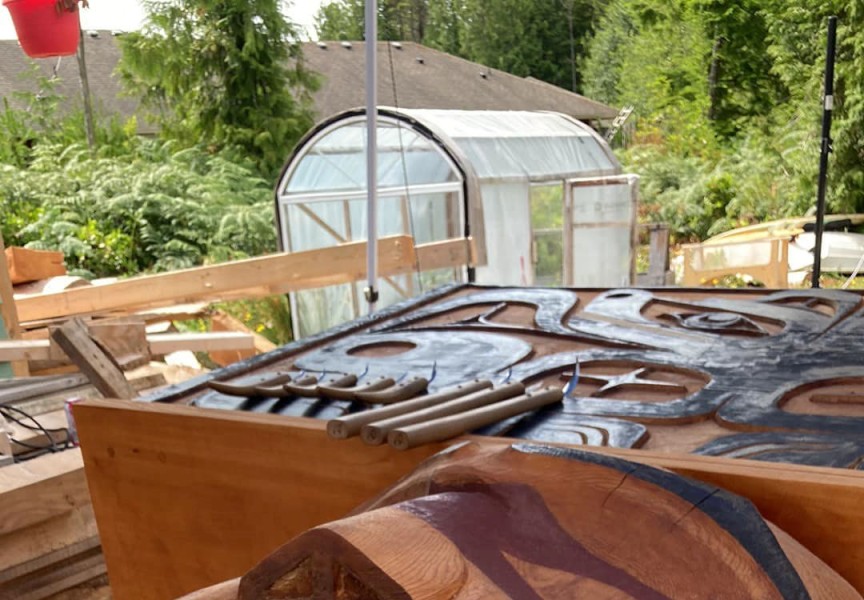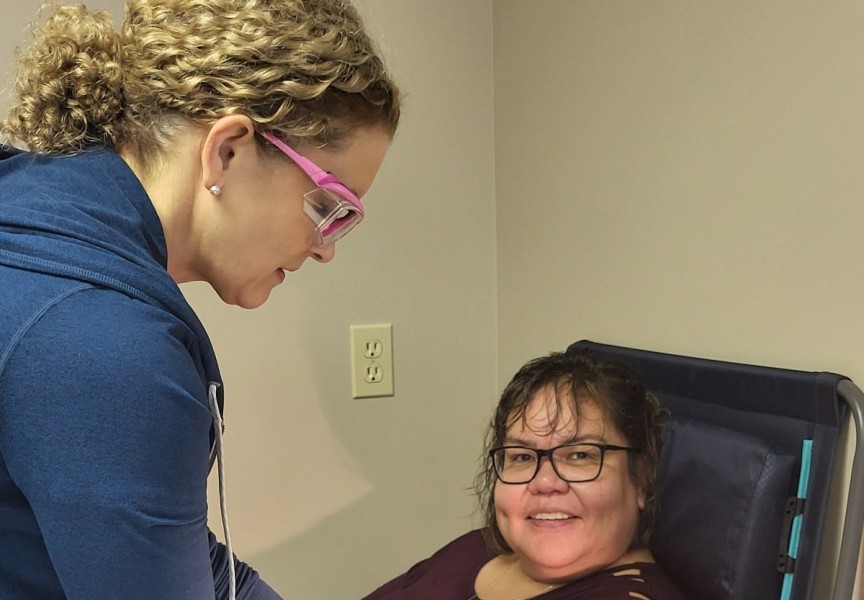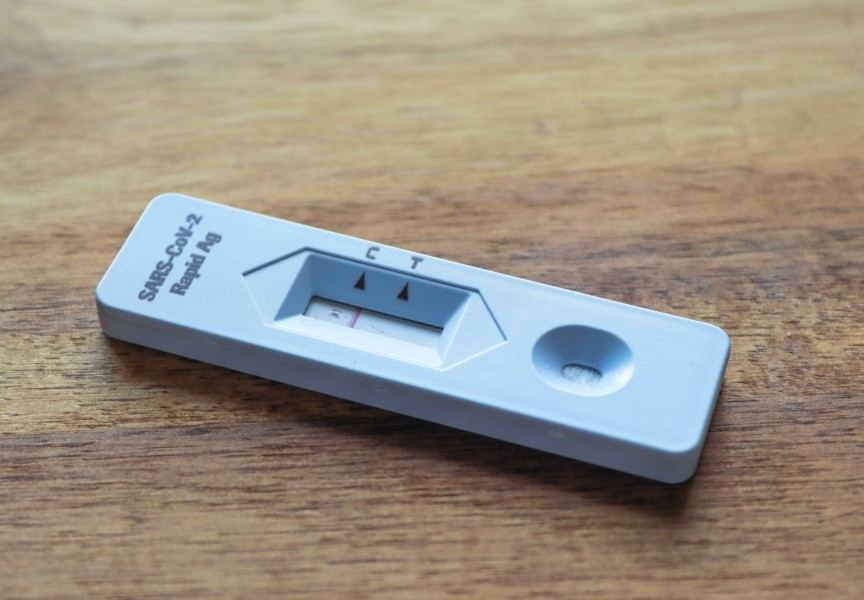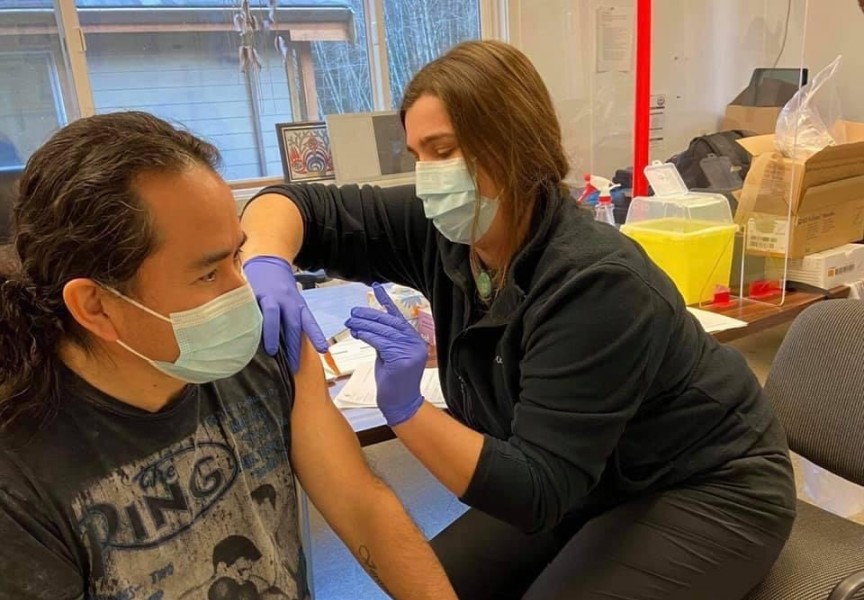It has been nearly ten months since the province declared a state of emergency in response to the COVID-19 pandemic and seniors in care facilities remain in lockdown. Some fear that the impacts of long-term social isolation will negatively impact the mental health and well-being of those in long-term care homes.
This fall the Office of the Seniors Advocate released their results of a province-wide survey on the impact of visit restrictions at long-term care and assisted living homes called Staying Apart to Stay Safe. The report speaks to the experiences of seniors in care homes and their family members.
At the time of its early November release, the report said B.C. seniors and their families are seeking a better balance between preventing the transmission of COVID-19 and ensuring a decent quality of life. But this fall case numbers started to increase rapidly as the second wave of the pandemic struck, causing more restrictions throughout the province.
At Echo Village, a long-term care home in Port Alberni, Beatrice Swan has been a resident for a year. In her 50s, Swan suffered a burst aneurysm in 2018 that resulted in partial paralysis. Her older brother George August is in a room just down the hall. He suffered a stroke that left him with memory issues and forced him to start using a walker.
Prior to their health emergencies, the siblings were active. BA, as her family calls her, was busy with her two adult daughters. Prior to the pandemic, George could be seen taking his daily long walks along River Road and uptown, where he would visit friends.
The pandemic has kept them both indoors since mid-March.
BA told Ha-Shilth-Sa that she would see her daughters every day prior to the pandemic. Her sister would bring lunch and they would eat together. In March, when the state of emergency was declared, BA said people stopped coming around.
“We can’t go out on the grounds anymore, nobody is allowed out,” she said.
She has noticed that her older brother gets agitated about the confinement.
“I try to keep George calm as much as I can but he’s frustrated,” she said, adding that he is so used going out for his walk uptown. “Everybody knows him.”
It has been about a month since BA saw her daughters.
“I used to see them every day, then it just stopped,” she said.
To pass time she watches TV, movies or plays games on her tablet. Sometimes George joins her to watch movies.
BA says she is depressed.
“If I could sneak out every once in a while, it would be good; George said he’d come with me,” she added.
BA says there are three other Nuu-chah-nulth residents at Echo Village.
Joe McQuaid, executive director of the Alberni-Clayoquot Continuing Care Society, which runs Fir Park Village and Echo Village, says their top priority is keeping residents safe during the pandemic.
“We’ve had to limit accessibility for our home from the outside,” he said, adding that there are 66 residents at Fir Park Village and 67 at Echo Village.
While access to the facility has been restricted, McQuaid said the resident’s bubble is fairly large.
“Some are close friends,” he noted.
There was a point in time during the pandemic when visitors were allowed after health screening, but with increasing numbers of cases in Port Alberni, the decision was made to put an end to social visits. Essential services and palliative care visits are permitted after screening, temperature checks and full PPE is used (gowns, masks, gloves). Social visits were suspended Nov. 20 when screening produced red flags. McQuaid said that there were connections between some of the visitors and the places that had positive cases, like the hospital unit that had an outbreak and the schools.
Both of the care homes had a COVID-19 outbreak simulation, going through the necessary steps to contain the spread of the virus had there been cases in the facilities.
“This helps us strategize, to develop contingency plans and it helps alleviate staff stress,” said McQuaid.
“We’re still not out of the woods with this highly contagious and deadly virus,” he added, but they have managed to avoid outbreaks in their facilities.
He looks forward to January 2021 when the COVID-19 vaccination will be made available.
Tsawaayuus Rainbow Gardens had an outbreak of COVID-19 in their facility in November. Ha-Shilth-Sa reached out to Tsawaayuus administration, but calls were not returned. Their website message indicates that they are working in partnership with Island Health and the B.C. Ministry of Health to implement safety and preventative measures for coronavirus (COVID-19).
“Our priority is to protect our residents and staff based on current recommendations. As this is an evolving situation, we are making changes daily to provide the best possible care to your family member or friend living here at Tsawaayuus (Rainbow Gardens),” stated the care facility.
They go on to say that only essential visits are allowed for residents who are critically ill or receiving end-of-life care. Eligible visitors must pass screening criteria. Families are asked not to send food and gifts to residents at this time.
At Echo Village, BA Swan sums it up this way, “It’s no fun, but it’s what we have to do to stay safe.”

